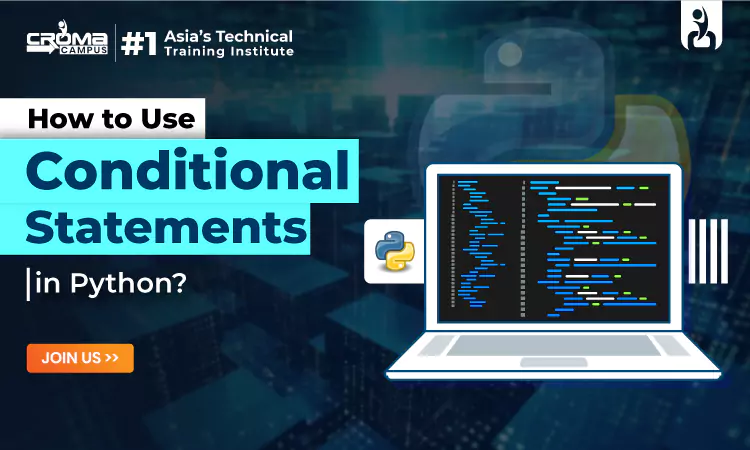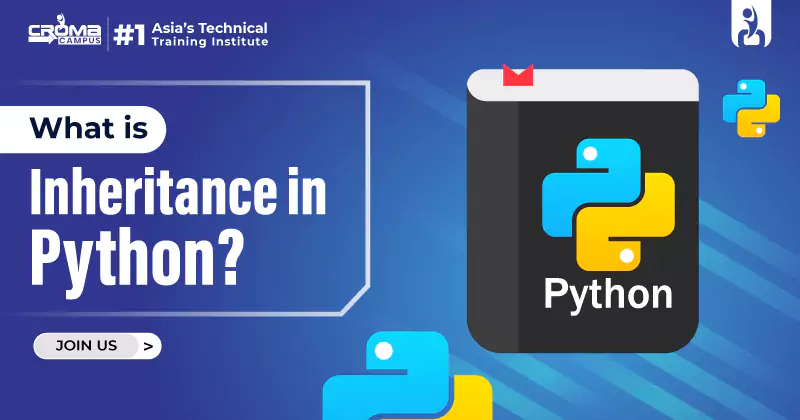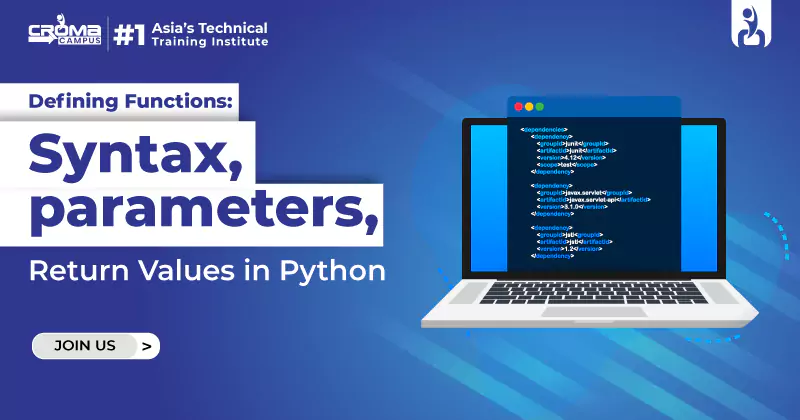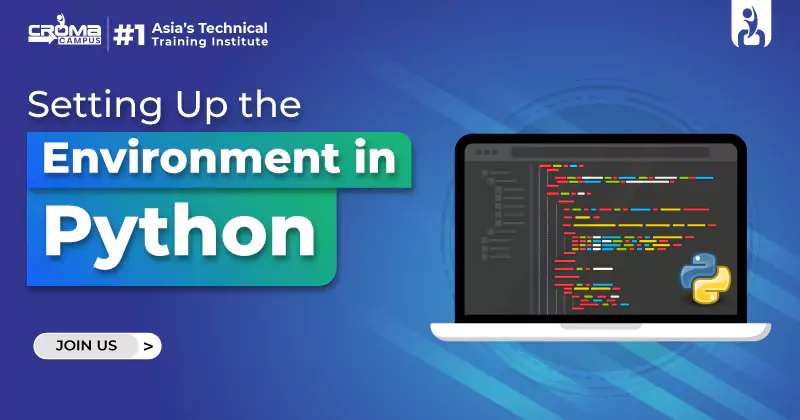How To Use Conditional Statements In Python?
4.9 out of 5 based on 2456 votesLast updated on 12th Aug 2024 4.7K Views
- Bookmark

Learn how to use conditional statements in Python. Master if, elif, and else to control the flow of your code, making decisions and handling various conditions efficiently.

Conditional statements are a
fundamental part of any programming language, allowing you to execute different
code blocks based on specific conditions. In Python, conditional statements
help control the flow of a program, making it responsive to different inputs
and situations.
This blog will explore how to use
conditional statements in Python, providing examples and explanations to help
you master this essential concept. Additionally, we will highlight the benefits
of enrolling in a Python Course to deepen your understanding.
Understanding Conditional Statements
Conditional statements in Python are
used to decide the execution path of a program. The primary conditional
statements in Python include:
- if statement
- else statement
- elif statement
- nested if statement
The if Statement
The if statement is the most basic form of conditional statement. It executes a block of code if a specified condition is true.
The else Statement
The else statement follows an if statement and executes a block of code if the condition in the if statement is false.
The elif Statement
The elif (short for else if) statement checks multiple conditions. It allows you to test several expressions for true and execute a block of code as soon as one of the conditions is true.
Nested if Statements
You can use one if or else statement inside another if or else statement. This is known as nesting.
Syntax:
Using Logical Operators
Logical operators such as and, or, and not
are often used in conditional statements to combine multiple conditions.
Example:
Practical Applications of Conditional
Statements
Conditional statements are widely used in
various programming scenarios, such as:
- Decision Making: Making decisions
based on user input or other conditions.
- Validation: Checking if certain
conditions are met before proceeding with a task.
- Flow Control: Directing the flow of
a program based on different conditions.
- Error Handling: Managing errors and
exceptions gracefully.
Example: Simple Calculator
Here's a simple calculator program that uses conditional statements to perform different operations based on user input:
Enhancing Your Python Skills
Understanding and mastering
conditional statements is a crucial step in your Python programming journey. To
further enhance your skills, consider enrolling in a Advanced Python Programming Course. Here’s how these courses can benefit you:
Benefits of a Python Course
- Structured Learning: Follow a well-organized
curriculum that covers all essential topics systematically.
- Expert Guidance: Learn from experienced
instructors who provide insights and real-world examples.
- Practical Experience: Engage in hands-on
projects and assignments to apply what you’ve learned.
- Comprehensive Coverage: Cover everything from basic to advanced Python topics.
- Certification: Gain a recognized
certification to enhance your resume and career prospects.
You May Also Read:
Python Programming for Beginners
Python Interview Questions and Answers
Data Science Interview Questions and Answers
Benefits of Python Classes
- Local Networking: Connect with peers and
professionals in the area, enhancing your learning experience.
- Interactive Sessions: Participate in classroom
settings that provide opportunities for direct interaction with instructors.
- Access to Resources: Utilize local resources
and facilities for a more immersive learning experience.
- Placement Assistance: Benefit from support in finding job opportunities after course completion.
- Convenient Location: Ideal for residents of
Delhi and nearby areas, offering easy access to classes.
Why Choose Croma Campus?
Croma Campus is a leading provider of
IT training courses, including Python. Here’s why you should consider Croma
Campus for your Python training:
- Experienced Trainers: Learn from industry experts
with extensive experience.
- Comprehensive Curriculum: Courses cover all aspects of
Python, from basics to advanced topics.
- Hands-On Training: Gain practical experience
through real-world projects.
- Flexible Learning Options: Choose from online or
classroom courses to suit your schedule.
- Certification: Earn a recognized
certification that enhances your career prospects.
- Placement Support: Benefit from job placement
assistance to kickstart your career.
Conclusion
Conditional statements are a
fundamental part of Python programming, allowing you to control the flow of
your code based on specific conditions. By mastering if, else, elif, and nested
if statements, you can write more flexible and efficient code.
Enrolling in a Python Classes in Delhi can help you gain a deeper understanding of these concepts, guided by
experienced instructors and hands-on practice.
Choose Croma Campus for a comprehensive learning experience that will prepare you for a successful career in Python programming.
Subscribe For Free Demo
Free Demo for Corporate & Online Trainings.
Your email address will not be published. Required fields are marked *





















 Master in Cloud Computing Training
Master in Cloud Computing Training